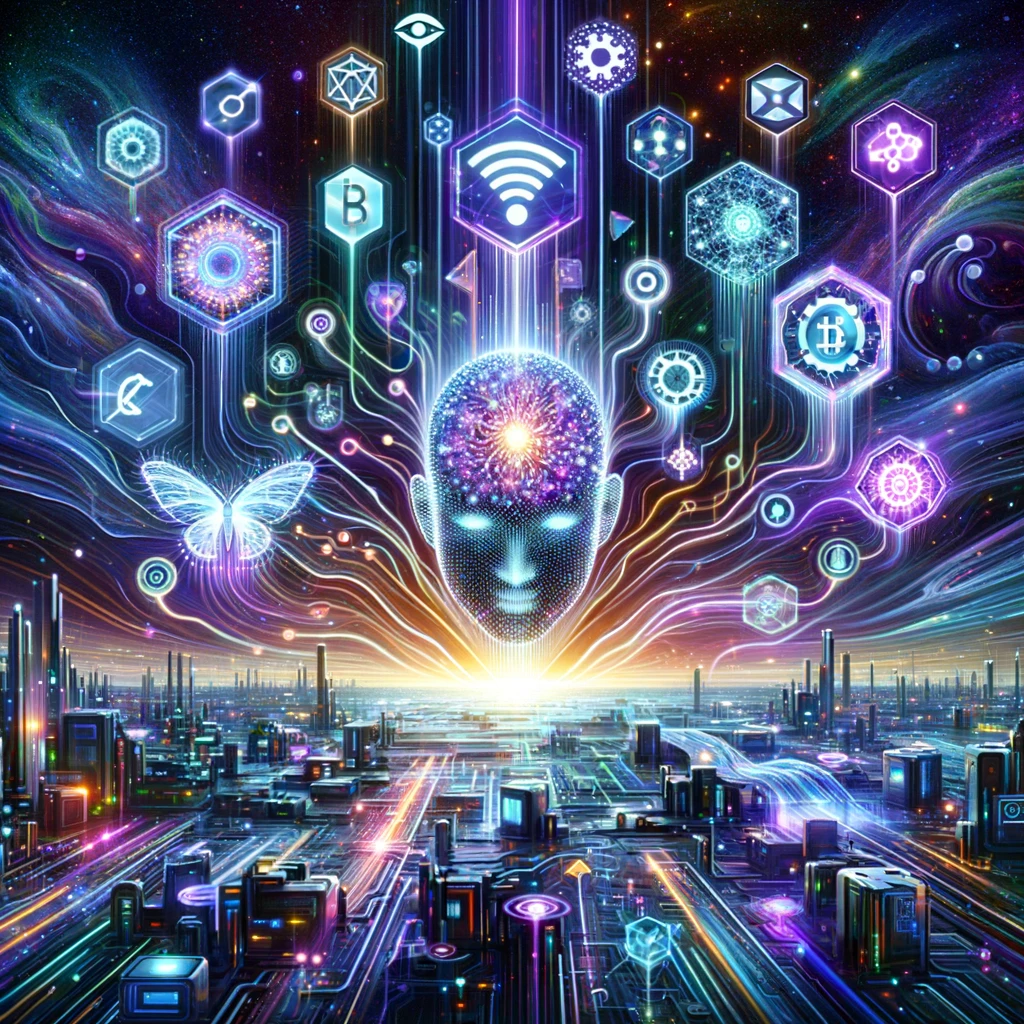Reincarnation, the concept that the soul is reborn into a new body after death, has been part of various cultures and belief systems throughout history. It’s an idea that sparks curiosity and debate in equal measure. Some view it as a profound truth, while others dismiss it as pure fantasy.
For believers of reincarnation, it offers a sense of continuity and purpose in life. It suggests that our actions and experiences in this life have consequences beyond this mortal coil, providing us with an opportunity to learn from our past mistakes and grow as individuals. This idea finds resonance in many religious and spiritual traditions such as Hinduism, Buddhism, Jainism, and Sikhism, among others.
On the other hand, skeptics argue that reincarnation is nothing more than a comforting myth that people cling to in order to cope with the inevitability of death. They cite the lack of empirical evidence supporting the concept and point out that many reported cases of past-life memories can be explained by psychological phenomena or even fabrication.
One of the primary arguments against reincarnation is the idea that it contradicts the laws of physics and biology. The human body, according to this line of reasoning, is a product of genetics and environment, which are passed down from parent to child through DNA. This makes the concept of a soul jumping into a new body an implausible scenario in the eyes of many scientists and rational thinkers.
Proponents of reincarnation counter this argument by asserting that the soul is not bound by the constraints of the physical world, and thus can transcend the limitations imposed by genetics and environment. They point to near-death experiences (NDEs) and out-of-body experiences (OBEs) as evidence of the existence of a non-physical aspect of ourselves that could potentially reincarnate.
The debate over reincarnation is further complicated by cultural and philosophical differences. For instance, many Western cultures are more inclined to view death as an endpoint, whereas Eastern traditions often consider it as a natural part of the cycle of life and rebirth. This difference in perspective makes it challenging for people from these backgrounds to find common ground on this issue.
Ultimately, whether one believes in reincarnation or not comes down to individual interpretation and worldview. It is a subjective belief that cannot be proven or disproven through scientific means alone. As such, it remains a topic of ongoing discussion and debate among philosophers, spiritual leaders, scientists, and the general public alike.
In conclusion, reincarnation is a concept that continues to captivate and divide people around the world. While some view it as an essential tenet of their belief system, others dismiss it as a fantastical notion without merit. Regardless of where one stands on this issue, it serves as a reminder of the profound mysteries that surround our existence and the importance of open-mindedness in exploring these complex questions.






Leave a Reply